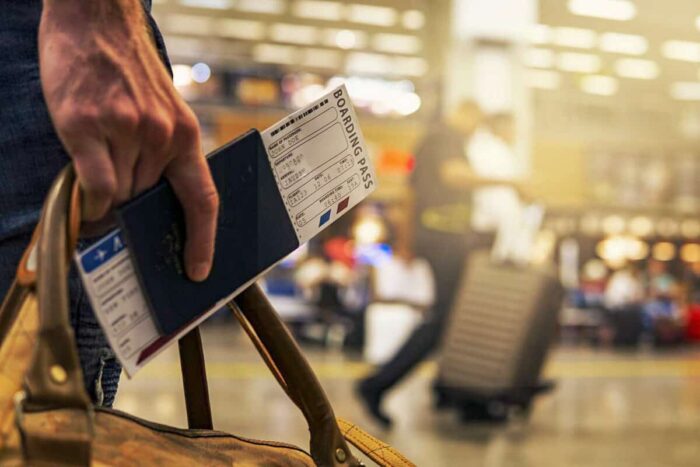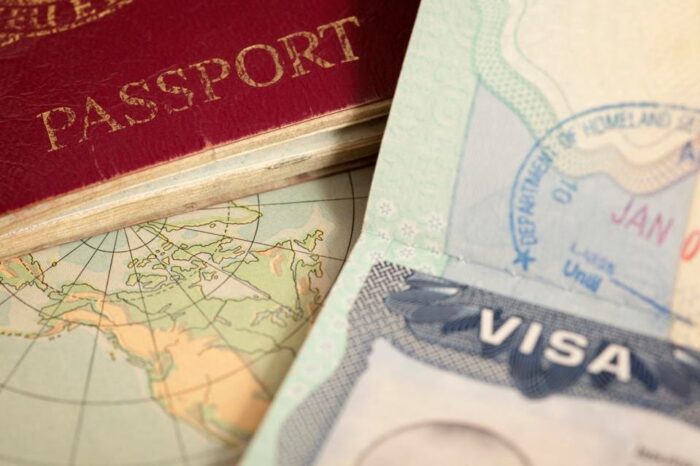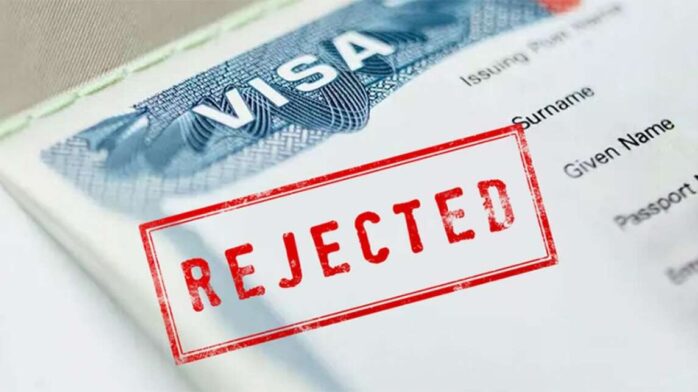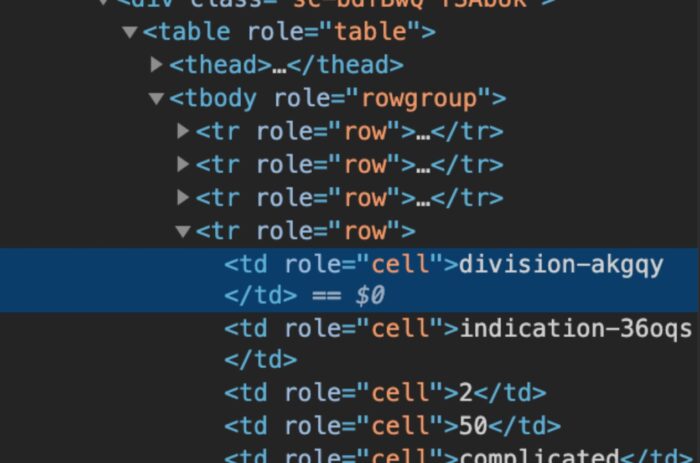Applying for a UK visa is often a pivotal step in various circumstances, such as visiting family, studying, working, or touring the country. However, visa applications can sometimes face refusal, causing distress and disruption to one’s plans. Here, we delve into the reasons behind UK visa refusals, their implications, and steps for redressal.
Understanding UK Visa Refusals
Common Reasons for UK Visa Refusal

Insufficient Documentation:
Incomplete or inadequate documentation significantly increases the likelihood of visa refusal. Missing or improperly prepared documents, such as financial statements, invitation letters, or travel itineraries, can fail to provide the necessary evidence to support the purpose of the visit. For instance, lacking proof of accommodation, flight bookings, or sponsorship details can lead to UK visa refusal.
Financial Inadequacy:
Demonstrating financial stability is crucial in securing a UK visa. Failure to illustrate sufficient funds to cover expenses during the stay might result in refusal. Insufficient financial documentation, inability to prove stable income, or inadequate funds to support the visit duration can be grounds for refusal.
Incomplete or Inaccurate Information:
Providing inaccurate or incomplete information on the visa application form is a common reason for refusal. Any discrepancies, whether unintentional or deliberate, in personal details, travel history, or purpose of visit can lead to suspicion and subsequent refusal.
Failure to Meet Immigration Rules:
Each visa classification comes with distinct prerequisites and qualifying criteria. Failing to meet these outlined rules and criteria can lead to refusal. For instance, not meeting language proficiency requirements for a specific visa category or not providing necessary health insurance where required might result in refusal.
Previous Immigration History:
Applicants with a history of visa violations, overstays, or previous refusals may encounter increased scrutiny. Past immigration issues can impact subsequent visa applications, leading to concerns about an applicant’s credibility or compliance with visa regulations.
Perceived Immigration Intent:
If authorities suspect that an applicant’s intentions don’t align with the purpose stated in the visa application, it can lead to refusal. Instances where the applicant’s intent to return to their home country is not clearly evidenced or if the immigration officer suspects intentions contrary to the stated purpose of the visit can result in refusal.
Navigating the UK visa application process requires meticulous attention to detail and thorough preparation. Addressing these common reasons for refusal by ensuring comprehensive and accurate documentation, meeting financial requirements, adhering to immigration rules, and presenting a clear and credible intent aligned with the visa’s purpose significantly enhances the chances of a successful application.
Implications of Visa Refusals

Red Flag for Future Applications:
Previous visa refusals can raise red flags in subsequent visa applications. Immigration authorities scrutinize applications with prior refusals more meticulously, expecting comprehensive explanations and significantly stronger evidence to support the new application. Applicants must address and rectify the reasons for the previous refusal in subsequent applications to enhance their chances of approval.
Time and Cost Implications:
The process of reapplying for a UK visa after a refusal involves additional time, effort, and expenses. Correcting deficiencies, gathering further evidence, and preparing a stronger application demand significant attention to detail and often require professional assistance, leading to increased costs and prolonged processing times.
Travel Restrictions due to Multiple Refusals:
Multiple visa refusals can have long-term consequences on an individual’s travel opportunities. Apart from hindering plans to visit the UK, successive refusals might create a negative travel history, potentially restricting the individual’s ability to secure visas for other countries in the future. It can impact the individual’s credibility and trustworthiness in the eyes of immigration authorities, limiting their global mobility.
Review and Rectification:
Given the potential adverse effects of visa refusals on future travel opportunities, it’s crucial for applicants to thoroughly review the reasons for refusal, rectify any deficiencies, and seek professional advice to strengthen their subsequent visa applications. Taking proactive steps to address previous refusal points and presenting a robust application supported by substantial evidence can mitigate the impact of prior refusals on future travel plans.
Steps to Address a Visa Refusal and Available Options for Redressal

Administrative Review:
In specific visa categories, applicants have the option to request an administrative review of the refusal decision. An administrative review assesses whether the refusal decision was in line with the immigration rules and procedures. It allows for a re-evaluation of the application by a different immigration officer, focusing on potential errors or oversights in the initial decision-making process. However, not all visa categories offer this option, and there are strict time limits for submitting a review request.
Appeal Process:
In certain cases, individuals have the right to appeal against a visa refusal decision. The appeal process involves presenting the case to an independent tribunal to reconsider the refusal decision. It’s essential to note that not all visa refusals are appealable. The appeal process is typically available for specific visa categories and grounds for refusal. Understanding the eligibility for appeal and the grounds on which an appeal can be made is crucial before proceeding with this option.
Reapplication after Refusal:
Reviewing the refusal letter meticulously is crucial to understand the reasons behind the refusal. Rectifying any deficiencies, addressing the concerns outlined in the refusal notice, and enhancing the application with stronger evidence and additional supporting documents can bolster the chances of success in a subsequent application. It’s vital to thoroughly reevaluate the application, ensuring that all necessary information is included and accurately presented.
Seeking Professional Assistance

Seeking guidance and support from an experienced immigration lawyer or advisor is highly recommended after a visa refusal. Immigration professionals possess in-depth knowledge of immigration laws, regulations, and procedures. They can provide invaluable insights into the reasons for refusal, advise on the best course of action, and assist in navigating the administrative review, appeal process, or preparing a stronger reapplication.
Conclusion
Facing a UK visa refusal can be disheartening, but it’s essential to understand the reasons behind it and explore the available options for redressal. Ensuring meticulous attention to detail, submitting comprehensive documentation, and seeking professional advice can significantly improve the chances of a successful visa application. Understanding the implications of a refusal and taking appropriate steps for redressal are crucial in navigating the complexities of the UK visa application process






















































